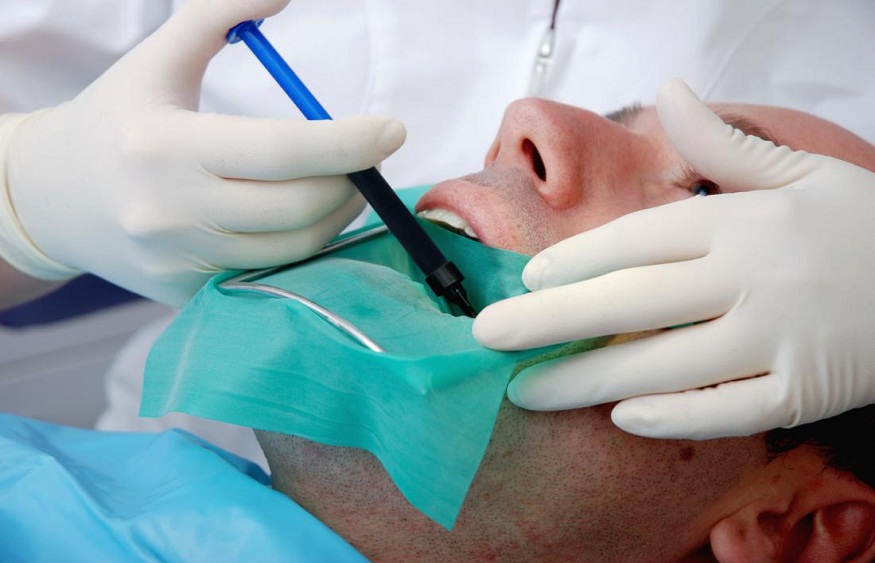Although dental crowns are the last step in most root canal procedures, many people still wonder whether they are actually essential.
One of the most misinterpreted dental procedures in modern times might be root canal therapy. People in Valley Village often fear this simple process because they are scared of being in discomfort or having a dental crown installed. However, be aware that root canal therapy aims to reduce pain and protect the tooth from further injury and infection. For more information on RCT, visit a dental care in Valley Village.
Do you really need a dental crown after root canal treatment, and why?
A root canal prevents a tooth from getting more infected, but it does not stop the tooth from becoming weaker. When dental decay is paired with a root canal, the tooth becomes weaker because there is less strong tissue inside the tooth.
A dentist might recommend placing a dental crown on the tooth to prevent it from falling out. After a root canal, a dental crown is required:
1.When the teeth start to weaken
A tooth gets weaker due to tooth decay and a significant amount of its dental tissue being extracted during a root canal. When disease and a root canal are combined, the tooth is at greater risk of breaking down under the pressure of eating and grinding.
2. When the tooth becomes sensitive
Sometimes, a root canal procedure only requires minor pulp removal. What is left could be highly vulnerable to pressure, acid, sugar, heat, and cold. The tooth is covered with a crown, which protects it from its surroundings.
3. When the tooth starts to discolor
A discolored tooth could be a sign of tooth decay or a root canal. For aesthetic purposes, a crown should be placed in such a situation.
4. If a tooth had a prior restoration
A tooth that has had dental decay repaired before might have another issue later on if a root canal is done on it. By covering the tooth entirely, a crown can stop infections from occurring in the future.
When is it okay to not place a dental crown on a tooth?
Crowns are required for the restoration of the back teeth since their function is to prevent the tooth from cracking under the force of grinding. Compared to the molars, the front teeth are not exposed to as much pressure. They only require a dental filling to be fixed after a root canal; a crown is not required. For aesthetic reasons, a crown should be placed on the front tooth if decay has led to discoloration.
When should you get crowns?
After the initial pain from the root canal treatment has subsided, the crown will be placed if the dentist thinks that one is required. Patients should not put off getting a dental crown for too long because doing so raises the chance of the tooth breaking. Patients should take extra precautions for the tooth while they wait to have the crown installed. It is a good idea to keep brushing and flossing and to refrain from eating anything hard that might break it. When the dentist advises a patient that it is time to get the crown placed, they should schedule an appointment as soon as possible. In order to prevent further issues after placement, aftercare involves having the crown checked regularly to make sure it fits correctly.
Contact your dentist today.
Your tooth can be corrected with a crown after a root canal, and it continues to function just like any other tooth. After the surgery, the crown should be inserted as soon as possible. Do this because it will protect your teeth and stop further problems. Speak with your dentist if you have questions regarding root canal therapy.

